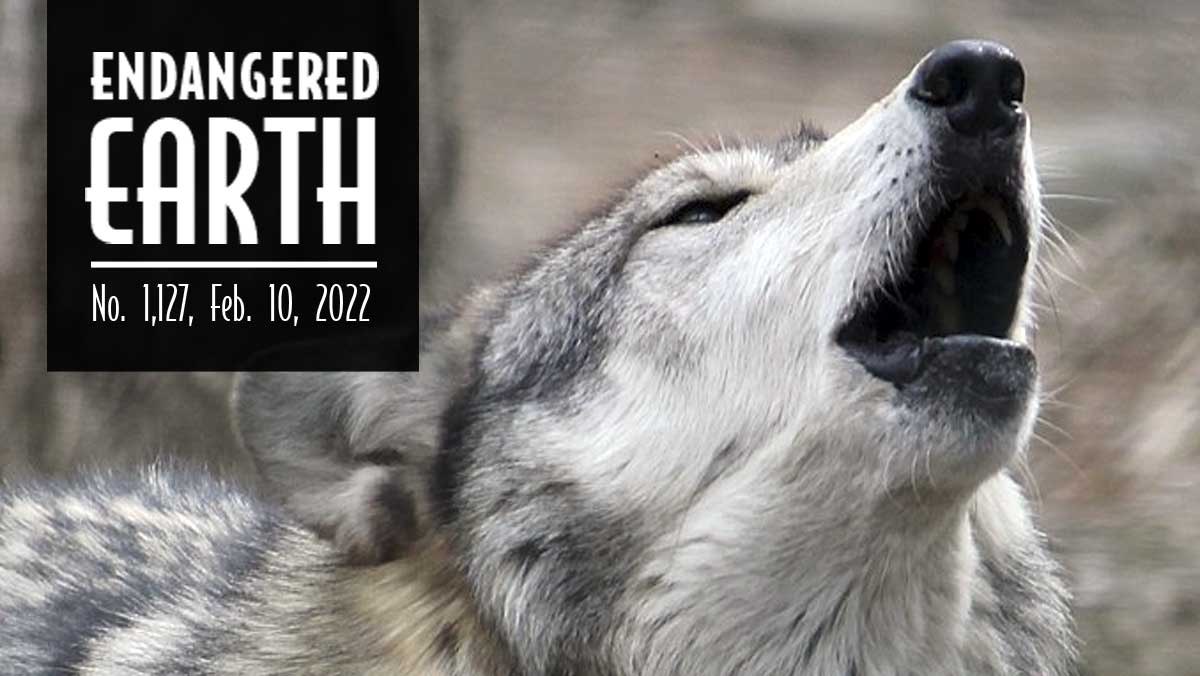Monumental Win: Wolves’ Protection Restored
In a landmark ruling, a federal judge today restored Endangered Species Act protection to gray wolves across most of the United States, reversing a Trump-era rule stripping their safeguards. The ruling prohibits wolf hunting and trapping in states outside the northern Rocky Mountains. Our fight for wolves in Idaho, Montana and Wyoming goes on.
“This is a huge win for gray wolves and the many people across the country who care so deeply about them,” said Collette Adkins, carnivore conservation director at the Center for Biological Diversity. “I hope this ruling finally convinces the U.S. Fish and Wildlife Service to abandon its longstanding, misguided efforts to remove federal wolf protections. The agency should work instead to restore these ecologically important top carnivores to places like the southern Rockies and northeastern United States.”
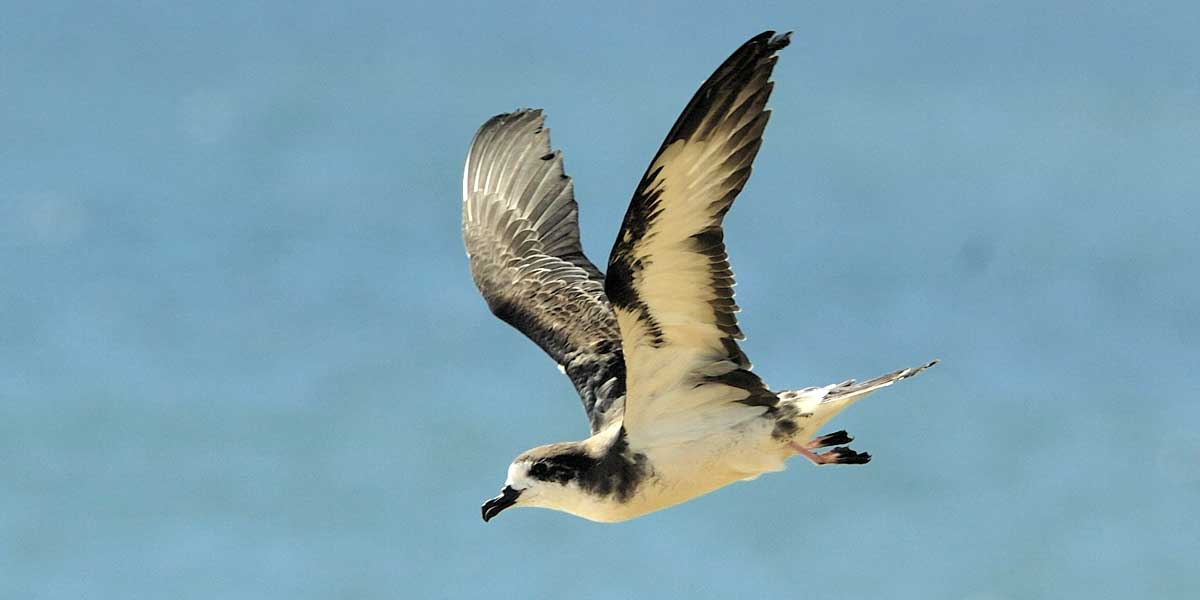
Suit Filed to Save Seabirds From Luxury Resort
For over a decade, on the island of Maui, endangered Hawaiian petrels — called ‘ua‘u for the sounds they make — have fallen victim to the lights of the Grand Wailea Resort. So on Tuesday the Center and allies filed suit to make the resort do more to help them survive.
Hawaiian petrels fly thousands of miles across the Pacific to forage for squid and other food but return to only one place — Hawai‘i — to lay their eggs. Bright lights along the beaches can disorient and kill them.
“The Grand Wailea could easily be a partner in these birds’ recovery instead of a factor in speeding their extinction,” said Maxx Phillips, the Center’s Hawai‘i director.
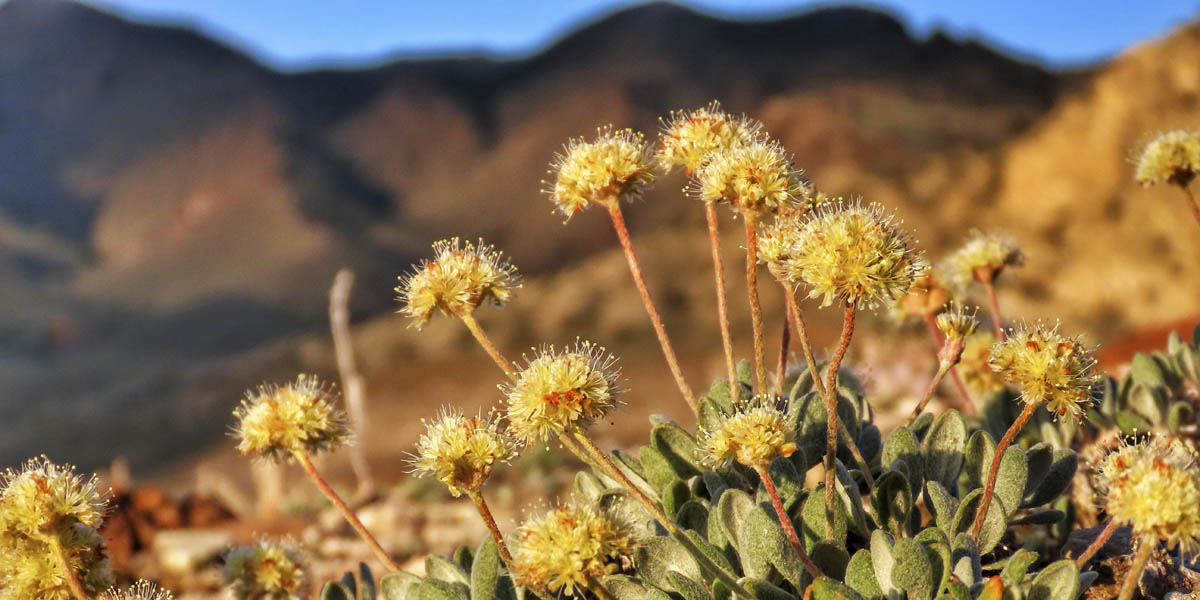
Tiehm’s Buckwheat to Get Protected Habitat
A fragile desert wildflower — the subject of a fierce conservation battle since the Center took up its cause in 2019 — will be given critical habitat, the Fish and Wildlife Service just announced. The beautiful little flower now survives almost entirely in the footprint of the proposed Ioneer lithium mine, about 200 miles from Reno, Nevada.
“Ioneer’s plans to destroy much of the plant’s habitat and establish it somewhere else are highly unlikely to comport with the critical habitat designation,” said the Center’s Patrick Donnelly. “I’m thrilled that the Service has recognized the existential threats to Tiehm’s buckwheat.”
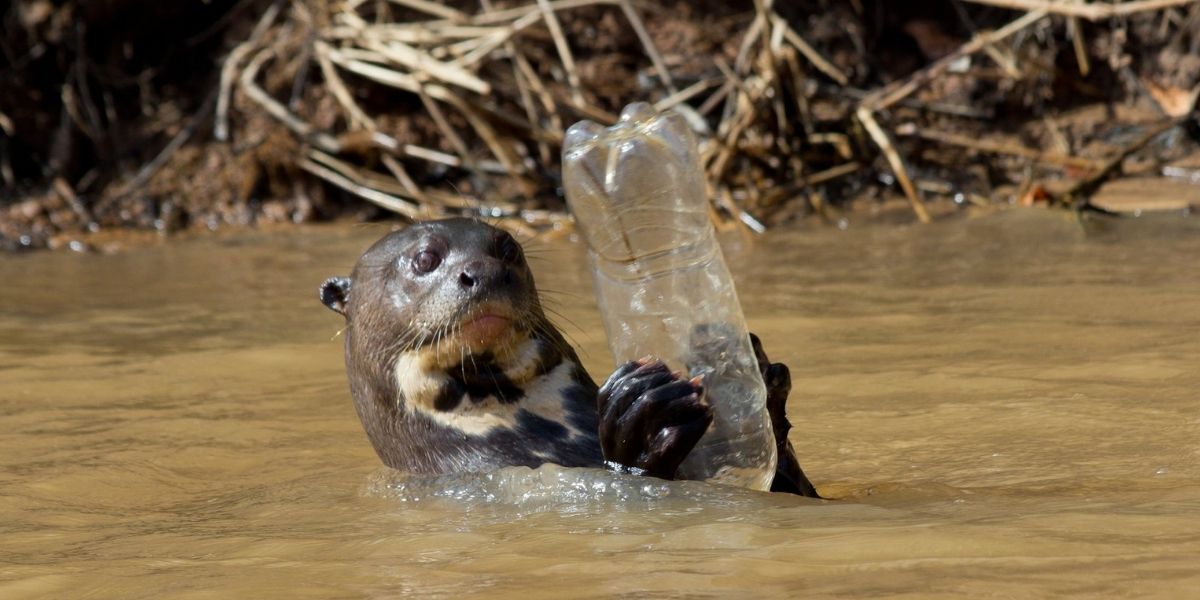
Feds Petitioned to Stop Buying Single-Use Plastic
With 180 other groups, the Center just petitioned the U.S. government to stop buying single-use plastic products. About 100 billion plastic bags a year are used in the United States; by 2050, scientists predict, there will be more plastic than fish in the ocean. And the U.S. federal government is the single-largest consumer of goods and services in the world, so its purchasing power can make an enormous difference.
“Here’s a chance for the Biden administration to do more to combat this crisis than all the local plastic bag bans in the country combined,” said Emily Jeffers, the Center attorney who wrote the petition.
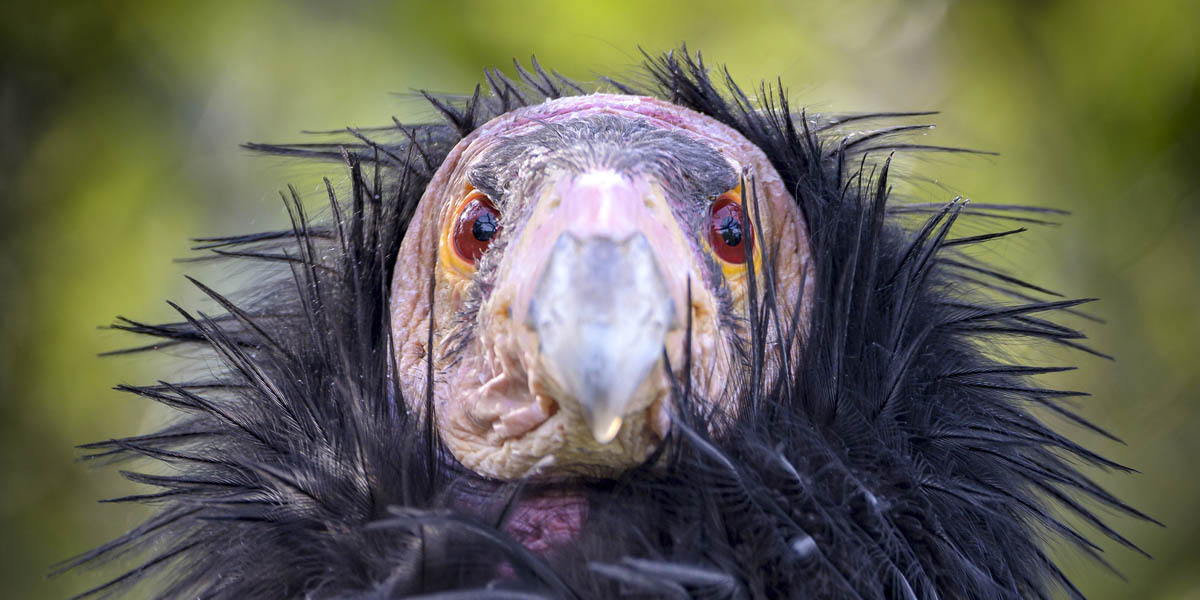
Win for the Condors of Los Padres
In response to our advocacy, a federal appeals court has blocked a commercial logging project in a roadless area of California's Los Padres National Forest. The move will protect 1,100 acres of old-growth forest harboring endangered California condors and other rare wildlife.
“The previous administration made a reckless decision to OK cutting down trees in a remote area that contains prime habitat for California condors, California spotted owls and northern goshawks,” said Justin Augustine, a Center attorney. “Since the Biden administration values our roadless areas and wildlife, I expect it’ll ensure that this beautiful forest remains protected, not commercially logged.”
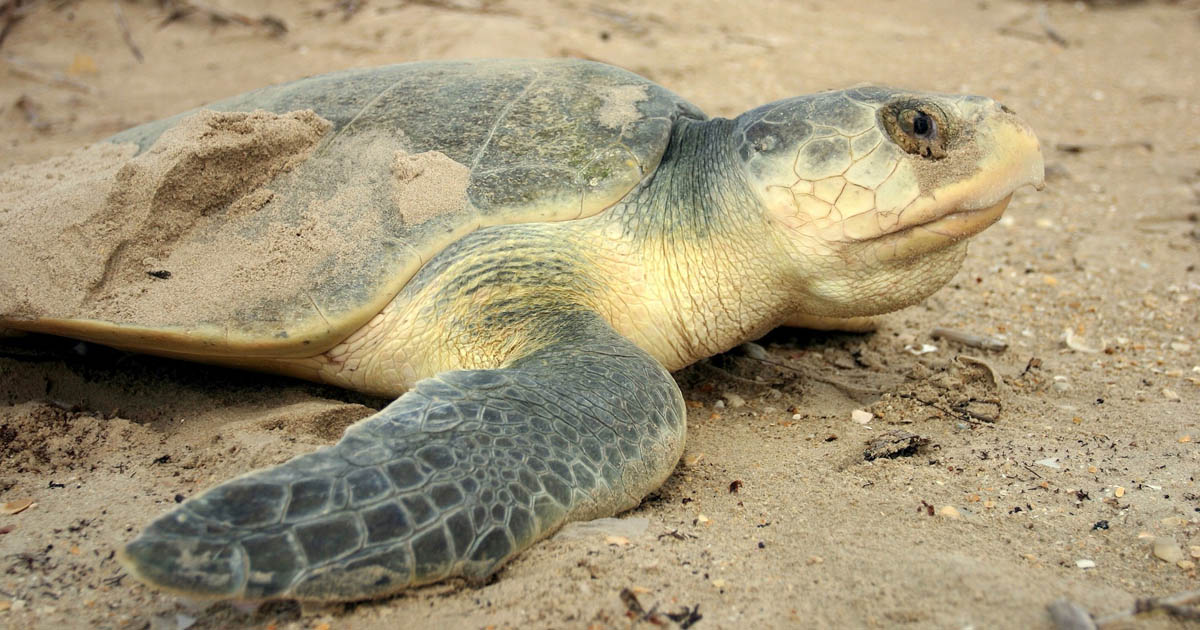
Petition Demands Halt to Illegal Gulf Drilling
The Center and more than 300 allies just petitioned the Biden administration to stop greenlighting new oil and gas drilling on existing leases in the Gulf of Mexico until it properly studies their climate threat. Our petition follows a court win blocking the decision to offer 80.8 million more Gulf acres to the oil industry.
Pollution from offshore drilling harms the Gulf’s Black, Brown, Indigenous and low-wealth communities and threatens the region’s sensitive wildlife, from Rice’s whales to Kemp’s ridley sea turtles.
“Federal officials have let oil companies drill offshore for decades without ever properly examining the damage,” said Center lawyer Kristen Monsell, who wrote the petition. “Every new well pushes us closer to climate catastrophe.”
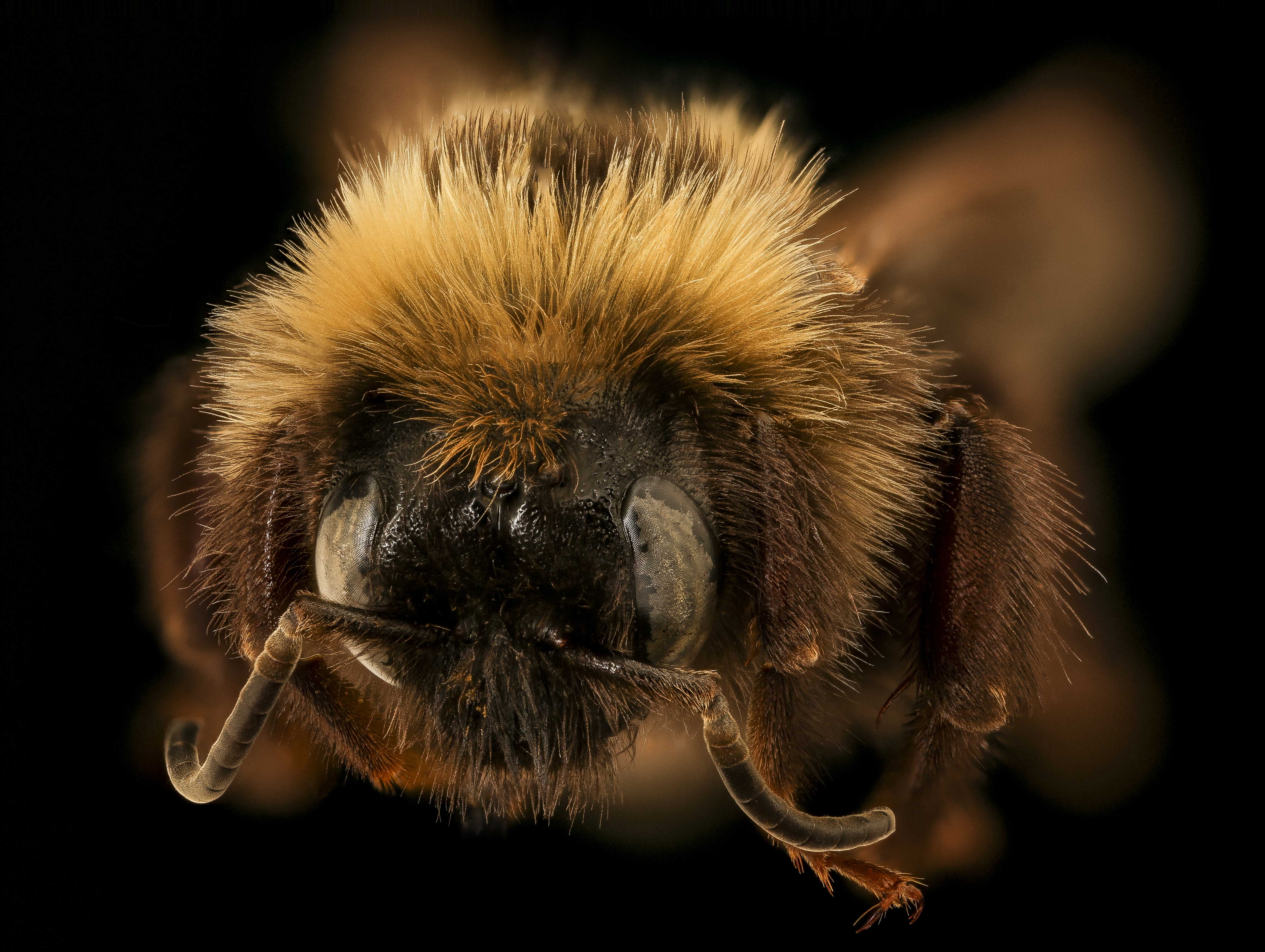
Rare Bumblebee, Plant Move Toward Protection
Thanks to a Center petition filed last year, the Fish and Wildlife Service announced Monday that it’s starting a one-year status assessment of the variable cuckoo bumblebee — not seen since 1999 — to decide whether it gets Endangered Species Act protection. This critically imperiled insect is entirely dependent on its host species, the American bumblebee, which the Center has also petitioned to protect.
The same day — after another 2021 Center petition — the Service declared it’s also kicking off a status review of the thick-leaf bladderpod, found only in southern Montana’s Pryor Desert, where it’s imminently threatened by gypsum mining. This whimsically named plant is only a few inches tall and has tiny, yellow flowers that bloom in June.
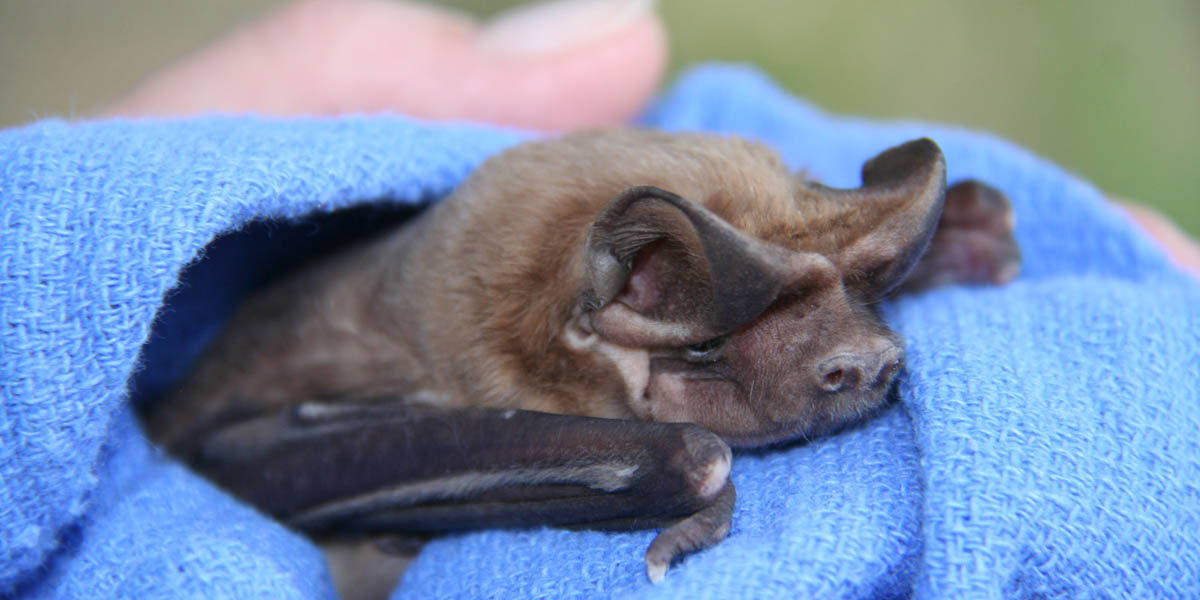
Lawsuit Launched for Florida’s Largest Bat
The Center and allies have filed a notice of intent to sue the Fish and Wildlife Service to make it protect habitat for Florida bonneted bats, the rarest bats in the United States. After the Center and allies sued, the Service finally granted the bats Endangered Species Act protection in 2013 — but it took another lawsuit to make the Service propose critical habitat in 2018, and the agency still hasn’t finalized its proposal.
“Florida bonneted bats can’t survive the onslaught of sea-level rise, development and pesticide use in south Florida unless their habitat is protected,” said the Center’s Florida Director Jaclyn Lopez.
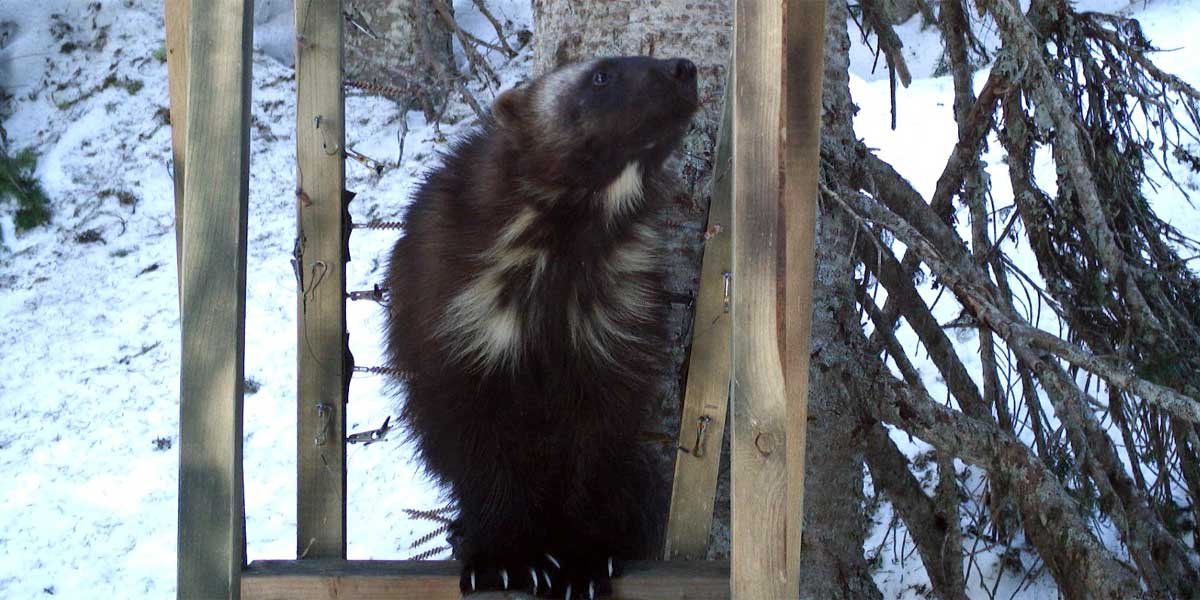
Revelator: How Can We Save Wolverines?
Denning in deep snow high in the mountains, wolverines are notoriously elusive, which means they’ve been hard to study and protect. But new research changes all that — and policymakers can’t elude the dire need for conservation measures anymore.
Read more in The Revelator and subscribe to the newsletter if you haven’t yet.
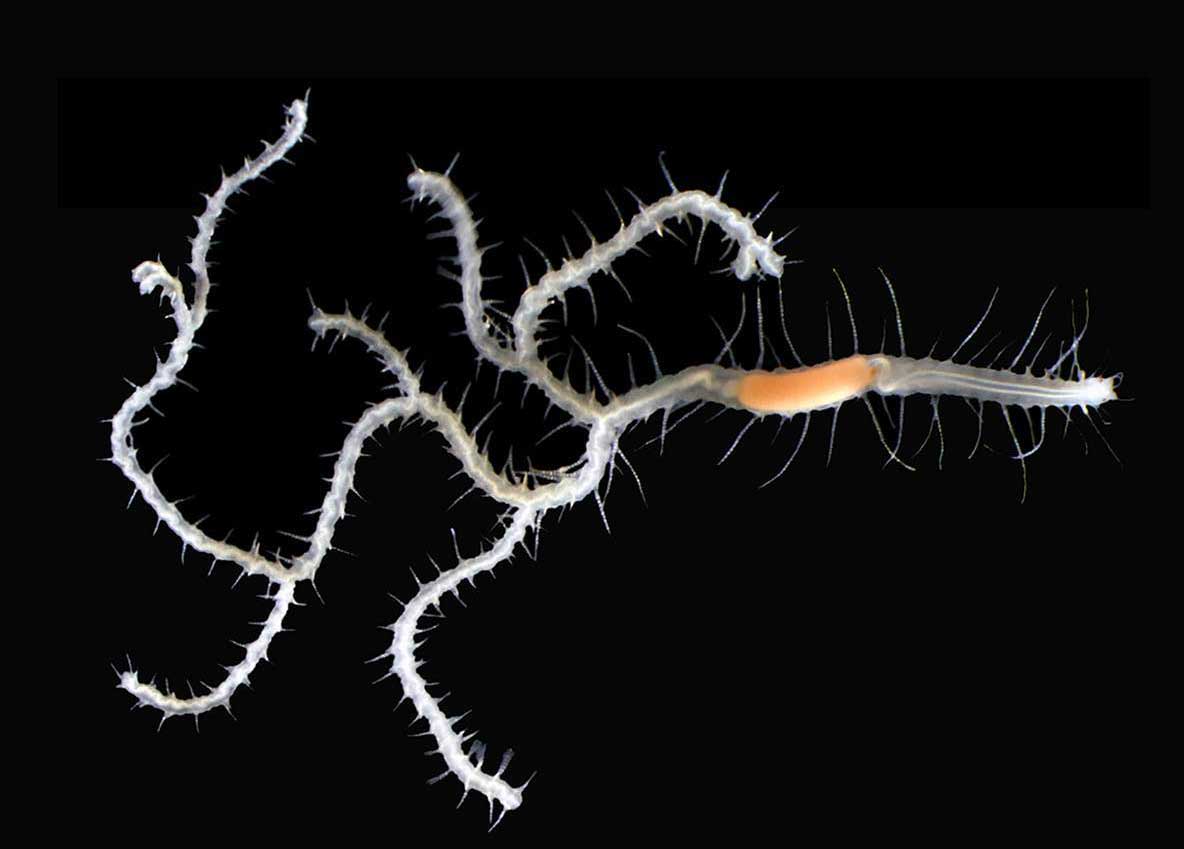
That’s Wild: Dozens of Regenerative Butts
King Ghidorah worms are a species of branched sea worm named after Godzilla’s monstrous rival. They live inside sea sponges and were first discovered off the coast of Japan in 2019. But instead of having three heads and two tails, like the famous television kaiju, these worms have dozens of branched butts.
In the universe of the Godzilla franchise, Ghidorah can shoot concentrated gravity beams from each of his mouths. His namesake worm has a superpower too: Its branched backside can detach from its body and head, swim to the ocean surface, and release eggs or sperm that fertilize in the water column. Back inside the sea sponge, the worm can regenerate an entire new set of posterior branches.
Follow Us
Center for Biological Diversity | Saving Life on Earth
Donate now to support the Center's work.
Photo credits: Gray wolf by Fool4myCanon/Wikimedia; Hawaiian petrel by Jim Denny/NPS; Tiehm's buckwheat by Patrick Donnelly/Center for Biological Diversity; otter by Paul Williams/Flickr; California condor by Wade Tregaskis/Flickr; Kemp's ridley sea turtle via Pixabay; variable cuckoo bumblebee courtesy USGS; Florida bonneted bat by Gary Morse/Florida Fish and Wildlife Conservation Commission; wolverine courtesy NPS/Cascades Carnivore Project; King Ghidorah worm by M. Aguado.
Center for Biological Diversity
P.O. Box 710
Tucson, AZ 85702
United States
